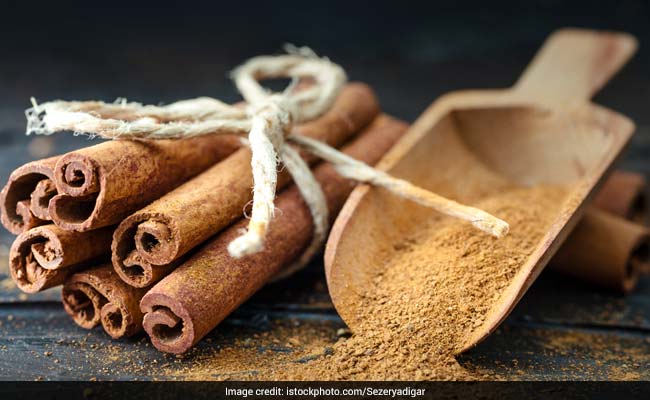Diabetes: We tell you why cinnamon may be a good spice for managing blood sugar levels and controlling diabetes along with how to use it
Cinnamon is a popular spice that is used for flavouring delicacies and drinks. Moreover, this aromatic spice has long been used in traditional medicines and food preservatives. In fact, it turns out, cinnamon or dalchini may be a great spice for managing diabetes. Diabetes is a disease that is characterised by abnormally high blood sugar. Cinnamon comes packed with antioxidants that decrease oxidative stress, reducing the risk of developing many health conditions including diabetes. In fact, several studies have linked cinnamon to better blood sugar levels and some show that it may also curb blood sugar by lowering insulin resistance. We tell you why cinnamon may be a good spice for managing blood sugar levels and controlling diabetes along with how to use it.

Diabetes: Cinnamon is a popular spice that is used for flavouring delicacies and drinks
Here are a few reasons that make cinnamon effective for controlling diabetes:
1. Contains antioxidantsCinnamon is known to contain large amounts of antioxidants that help the body reduce oxidative stress, a type of damage to cells that is caused by free radicals. Oxidative stress is attributed to the development of many chronic diseases, including type-2 diabetes.
2. It may increase insulin sensitivity
In people with diabetes, pancreas cannot produce enough insulin or cells may not respond to insulin properly, leading to unstable blood sugar levels. According to the NCBI, cinnamon increases insulin sensitivity immediately after consumption.
3. It lowers blood sugar levels after meals
Depending on the carbs you have consumed, blood sugar levels tend to rise significantly. A dash of cinnamon can help keep these blood sugar spikes after meals in check. Scientifically speaking, it tends to slow down stomach emptying and blocks digestive enzymes.
4. Lowers the risk of other diseases associated with diabetes
How to use cinnamon for managing diabetes?
Excessive consumption of cinnamon may not be good for your overall health, especially if you are dealing with liver problems. Moreover, it contains a potentially harmful substance called coumarin that can be toxic to the liver. So make sure you have consulted a doctor before switching to this spice.
Disclaimer: This content including advice provides generic information only. It is in no way a substitute for qualified medical opinion. Always consult a specialist or your own doctor for more information. NDTV does not claim responsibility for this information.
No comments:
Post a Comment